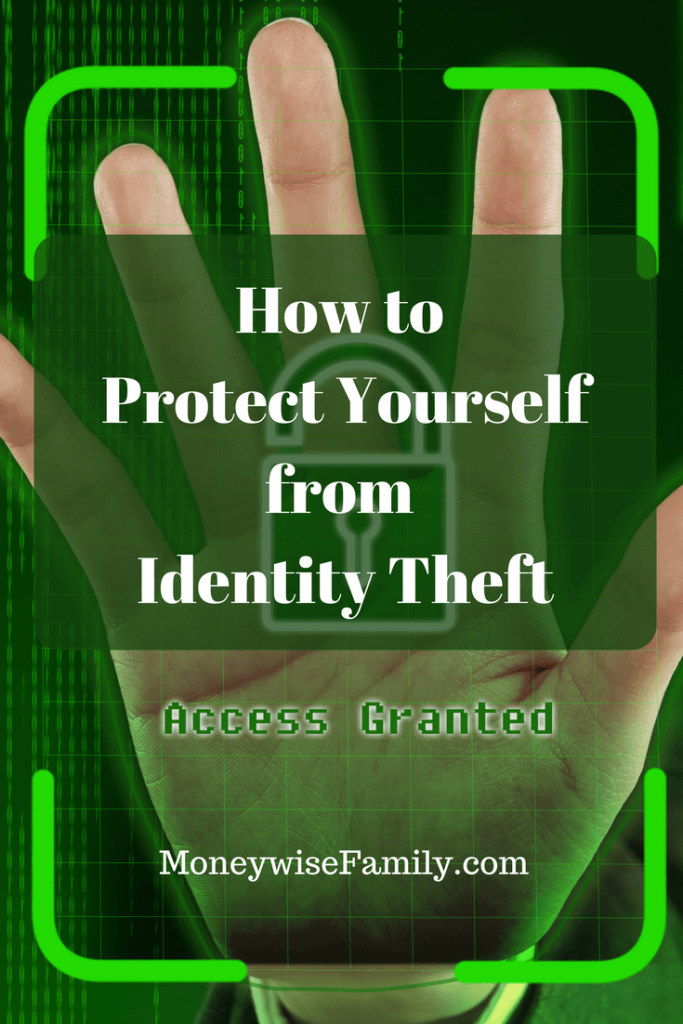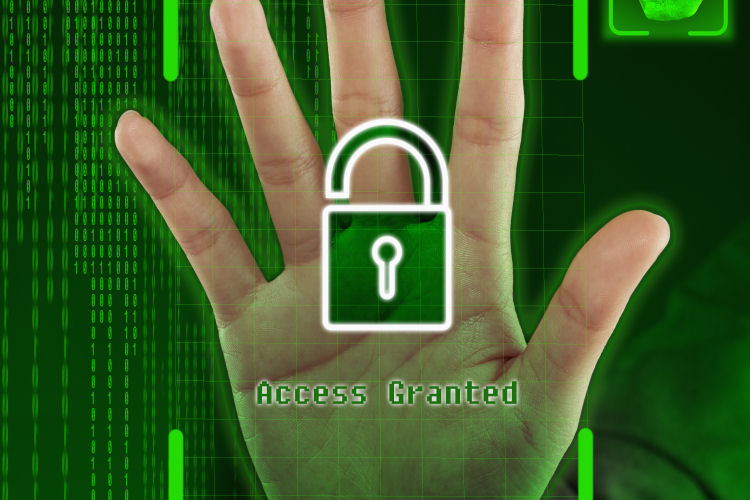How to Protect Yourself from Identity Theft Online
Everyone who has experienced identity theft, or knows someone who has been involved in the experience, will know that it can be a devastating one.
Criminals can create accounts with your name on it, use your pictures, and impersonate you for a whole lot of reasons, which are usually not good. Identity theft has been happening for years in the real world, but with the advancement in technology and the internet, the real world is slowly turning into a global village.

The personal information that can be found on the internet these days is quite astounding, making almost everybody prone to online theft. And to make it easier for online criminals, they just have to sit in the comfort of their home, log in from their computer, and from there, they can steal every bit of information they want to steal.
This makes it your own priority to ensure that your information is well protected online. The ideal way to actually protect yourself online is to ensure that not all of your information is given out.
Combine this with the online identity theft protection tips below, and you’ll be safe from criminals on the internet.
So how to protect yourself from identity theft online?
Impersonation Alert
Ensure that when you are giving out your financial or personal information, the person you are sending the details to is someone you know.
Never give out your personal information over the phone, through your e-mail, or anywhere on the internet, except if you know who it is you are dealing with.
Should you get an email from a company you are doing business with, or you are associated with in some way, and the email is asking for your personal information, it is best that you contact the company, or type the company’s link in your web browser.
Never click a link from a mail requesting your personal information.
Dispose of your personal information safely
There are times when we want to sell off or give out our devices to other people; or dispose of them totally. If you find yourself in this situation, ensure that you wipe everything on that device before selling or giving it out.
Be it a computer or a mobile device, wipe everything off of your devices before disposing of them. You can contact the manufacturer of your device, or refer to the owner’s manual, if you do not know how to permanently delete everything on your device.
Secure your data
Safeguard your browser like it’s the most important thing you own -it’s one of them, especially if it’s what you use in making all of your online transaction.
You can make use of encryption software that masks or scrambles the information you send online. Ensure that the software is from a reputable company. When you get a lock icon on your browser’s status bar, it means that any information you send will be transmitted safely.
Ensure that the lock is there before sending your financial or personal information online.
Your passwords must remain private
Make use of strong passwords when opening different accounts. If possible, make use of a different password for every account you have.
Put in special characters and numbers. Swap letters with numbers. For instance, instead of writing “my heart is for you” you can write “my@1s4oru”.
Now you have ways to protect against identity theft. Take them in to action and keep your information safe online.

